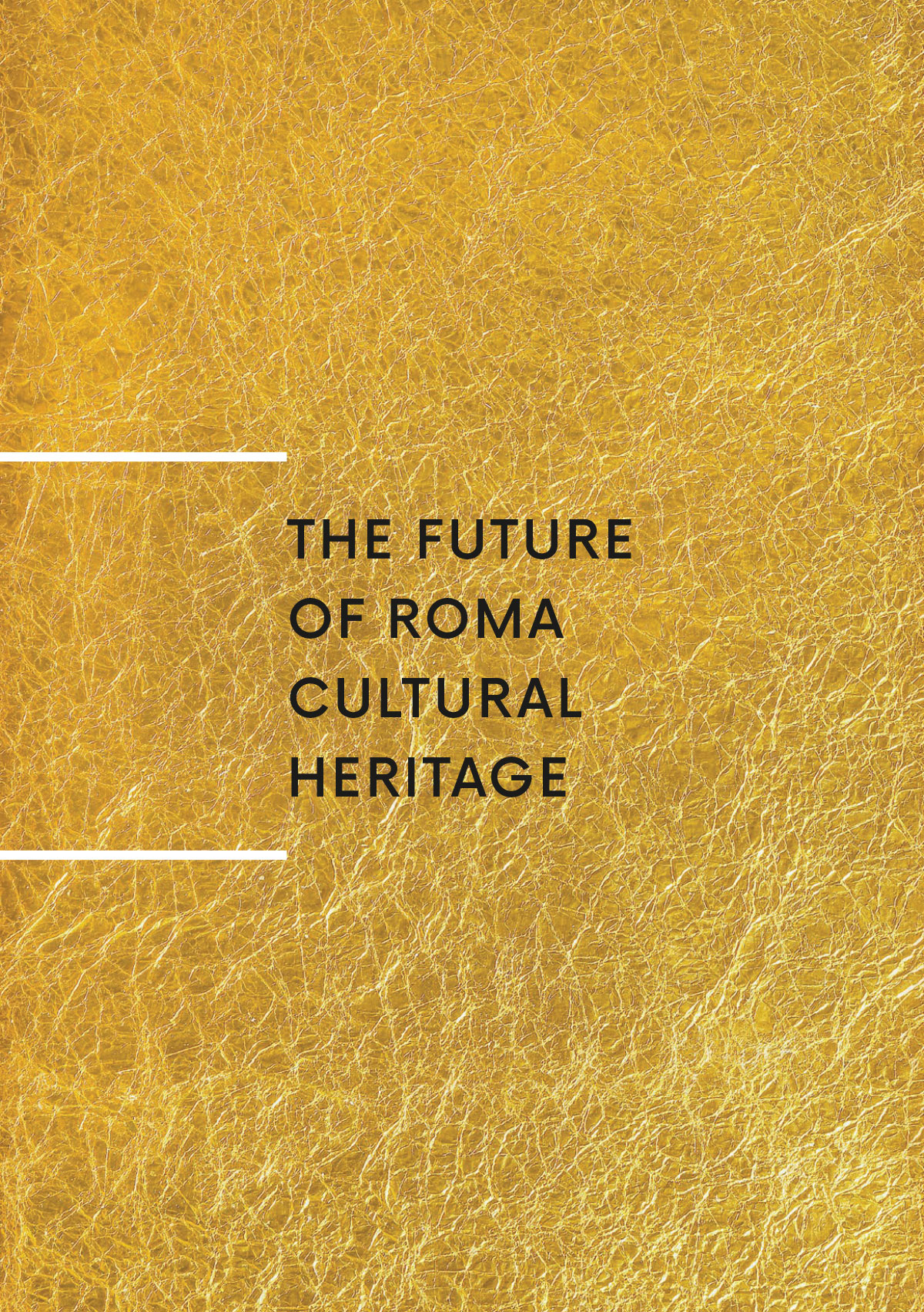
ERIAC INTERNATIONAL OUTREACH PROGRAM
Opening Event Budapest
Budapest, Hungary
on February 8, 2018
The Future of Roma Cultural Heritage
Shaping desired futures by contemplating possible, probable and preferable futures
![]()
CEU
1051 Budapest, Nador u. 15.
Hungary
The International Cultural Outreach Program, the Future of Roma Cultural Heritage, aims
- to introduce ERIAC and share its vision with diverse audiences in places outside its headquarters;
- to ensure a bottom up formation of the strategic directions of the organization based on Roma leadership;
- to build up future membership;
- to build up enthusiasm and mobilize support for ERIAC among Roma and non-Roma individuals, public and private institutions, mainstream cultural and artistic institutional partners, potential donors.
The Budapest event will promote the ERIAC identity, its mission and philosophy while building a core group of proponents who share the vision for the future and who take responsibility for shaping the future in desired directions. This progressive gathering will exemplify the ERIAC founding principles: Diversity and plurality of Romani identities and cultures, Romani leadership, Engagement and contribution of Romani organizations and individuals, and the highest quality standards in the domains of arts and culture.
CO-ORGANIZERS
In line with ERIAC principles and the concept of the event the Budapest gathering will be hosted by the Romani Studies Program of the Central European University. The event takes place with the expert contribution of REACH (project theme H2020-SC6-CULT-COOP-2016-2017, EU Research and Innovation Programme, Horizon 2020, Re-designing Access to European Cultural Heritage).
![]()
PROGRAM
February 8, 2018, 15.00h-19.00h
CEU Auditorium A
1051 Budapest, Nador u. 15., Hungary
14.30 Registration
15.00 Welcome remarks
- Liviu Matei, Provost and Pro-Rector of CEU
- Zeljko Jovanovic, President of the Board, ERIAC and Director of Roma Initiatives Office, OSF
Tímea Junghaus, Director, ERIAC
15.20 Panel discussion on the Future of Roma Cultural Heritage
Panelists
- Mimoza Gavrani, student, Romani Studies Program CEU
- Eszter György, professor, Atelier, European Social Science and Historiography Department ELTE
- Michael Müller-Verweyen, director, Goethe-Institut Budapest
- Péter Niedermüller, representative, European Parliament
- Iulius Rostas, chair, Romani Studies Program CEU
Moderator | Timea Junghaus
16.20 Participatory Moderated Game // Table Talks
Futures planning: In this exciting activity we call the participants to action. Organized around topics closely related to the preservation of Roma cultural heritage we invite all attendees to contribute their expertise and ideas to the dialogue. In this moderated, but free format we plan to establish a shared understanding of what Roma cultural heritage is and how we can all take an active role in preserving and promoting it.
- ERIAC, Timea Junghaus and István Szilvási
- REACH project, Gábor Sonkoly and Eszter György
- The World is a Ladder (Letra konyv), Péter Szuhay and Edit Kőszegi
- CEU Cultural Heritage Studies Program, József Laszlovszky and Dóra Mérai
18.00 Transformative restatement of results
18.10 Reception
19.30 Concert at Godor Club
Kiraly utca 8-10., Budapest, 1061 Hungary
Music by Saraiman Fusion Band (RO) and Romano Drom (HU)
facebook event
![]()
ABOUT THE ORGANIZERS
ERIAC is a joint initiative of the Council of Europe, the Open Society Foundations, and the Alliance for the European Roma Institute. Its mission is to increase the self-esteem of Roma and to decrease negative prejudice of the majority population towards the Roma by means of arts, culture, history, and media. ERIAC acts as an international creative hub to support the exchange of creative ideas across borders, cultural domains and Romani identities.
CEU Romani Studies Program builds on CEU's longstanding commitment to enhancing higher education, research, and professional opportunities for Roma. The academic unit encompasses the CEU Roma Graduate Preparation Program (RGPP) and the Roma in European Societies (RES) initiative, launched in 2016 as a European hub for excellence in teaching and research, leadership development, and community outreach as well as teaching and scholarship on Roma.
RE-designing Access to Cultural Heritage for a wider participation in preservation, (re)use and management of European culture (REACH)
The REACH project is based on the proposition that cultural heritage plays an important role in contributing to social integration in Europe, and that a fuller and more detailed picture of the range, type and impact of research and participatory research methodologies, current and future, associated with these subjects, will further enhance their potential for social good.
![]()